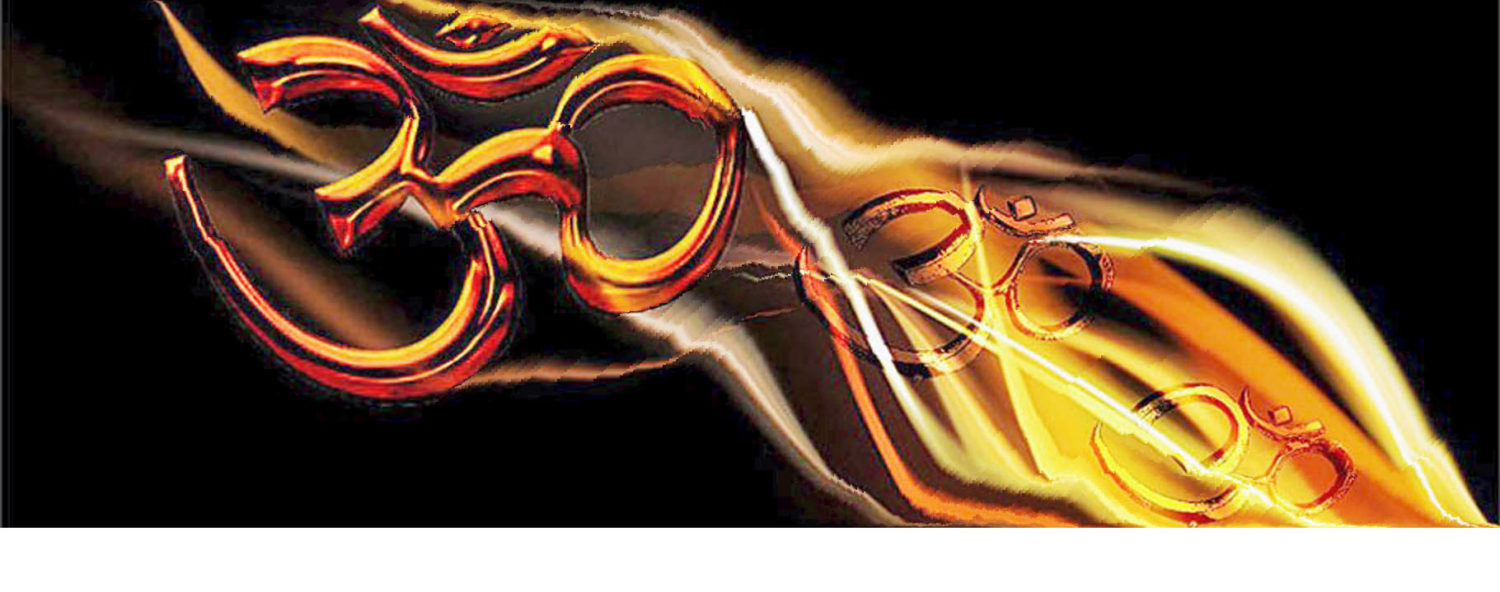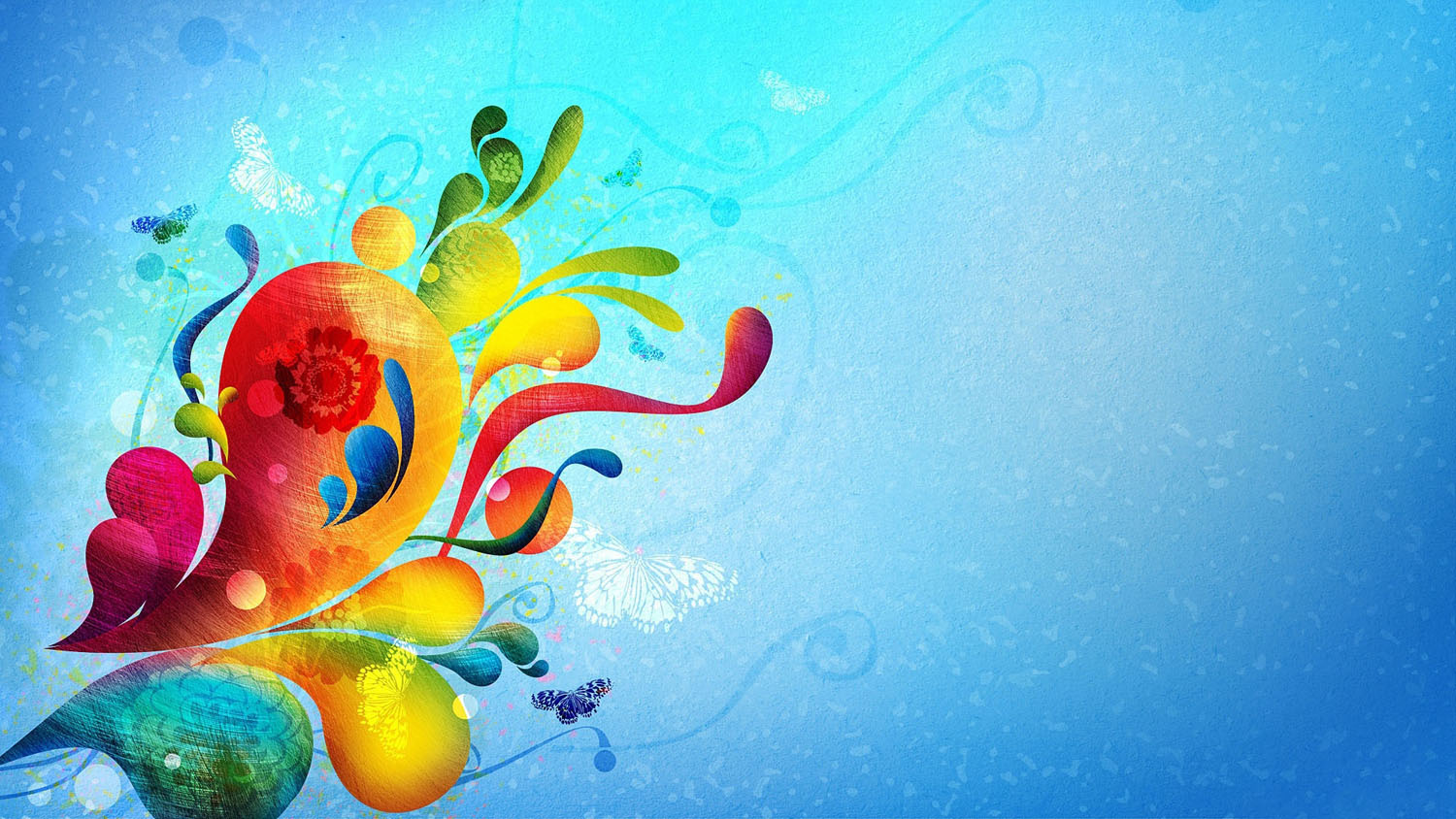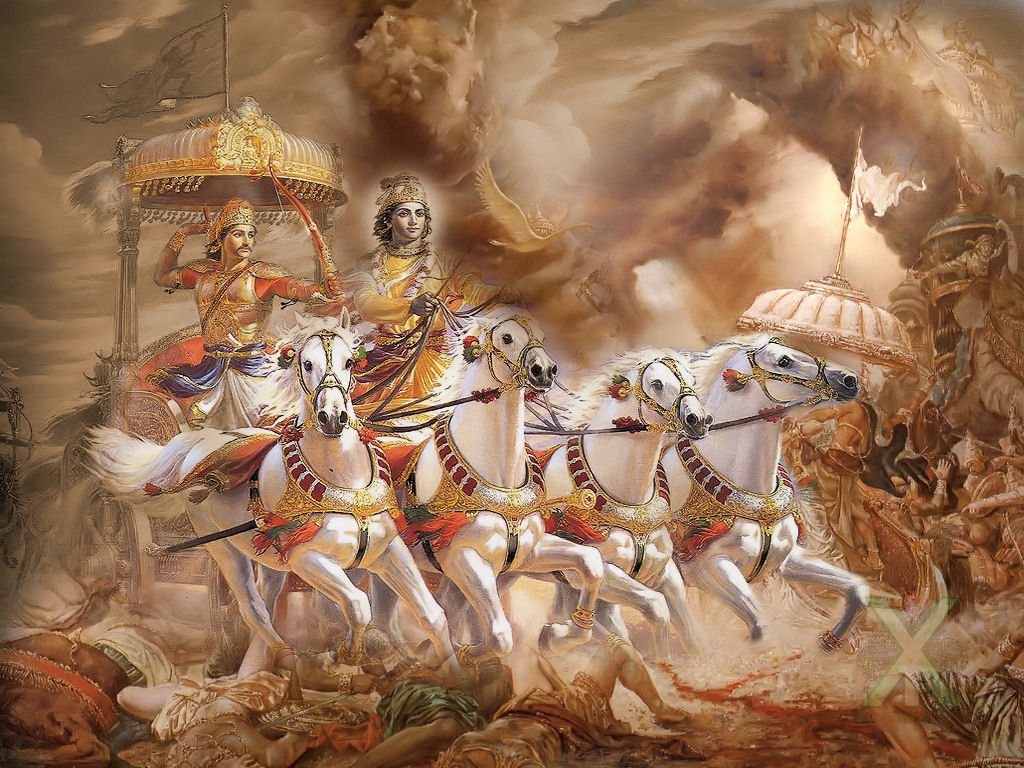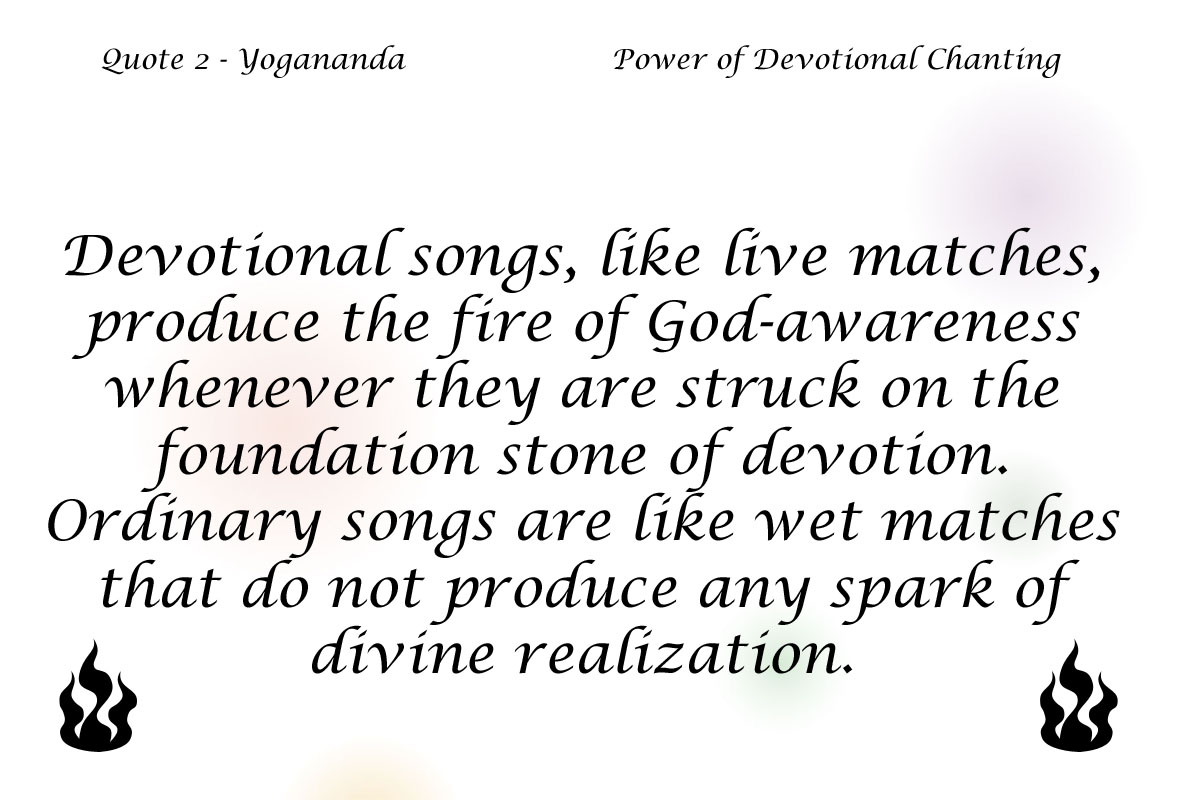Bhagavad Gita Chapter 2 Verses 1 – 10
SANKHYA YOGA
Sanjaya recounts the condition of Arjuna, who was agitated due to delusion of attachment, fear and confusion.
Lord Krishna rebukes Arjuna for his dejection and diffidence, and urges him to fight the war of righteousness. After failing to convince Sri Krishna through his seemingly wise thoughts, Arjuna realizes his helplessness and surrenders himself completely to the Lord, seeking His guidance to get over the conflicts existing in his mind.
Lord Krishna takes pity on Arjuna and proceeds to enlighten Arjuna by various means, offering profound knowledge and practical techniques.
1.
Sanjaya Uvaacha:
Tam tathaa kripayaavishtam ashrupoornaakulekshanam;
Visheedantam idam vaakyam uvaacha madhusoodanah.
1.
Sanjaya said:
To him who was thus overcome with pity and who was despondent, with eyes full of tears and agitated, Krishna or Madhusudana (the destroyer of Madhu), spoke these words.
2.
Sri Bhagavaan Uvaacha:
Kutastwaa kashmalam idam vishame samupasthitam;
Anaaryajushtam aswargyam akeertikaram arjuna.
2.
The Blessed Lord said:
From where has this perilous strait come upon you, this dejection which is unworthy of you, disgraceful, and which will close the gates of heaven upon you, Oh Arjuna?
3.
Klaibyam maa sma gamah paartha naitat twayyupapadyate;
Kshudram hridaya daurbalyam tyaktwottishtha parantapa.
3.
Yield not to impotence, Oh Arjuna, son of Pritha! It does not befit you. Cast off this mean weakness of the heart. Stand up, Oh scorcher of foes!
4.
Arjuna Uvaacha:
Katham bheeshmamaham sankhye dronam cha madhusoodana;
Ishubhih pratiyotsyaami poojaarhaavarisoodana.
4.
Arjuna said:
How, Oh Madhusudana, shall I fight in battle with arrows against Bhishma and Drona, who are fit to be worshipped, O destroyer of enemies?
5.
Guroon ahatwaa hi mahaanubhaavaan
Shreyo bhoktum bhaikshyam apeeha loke;
Hatwaarthakaamaamstu guroon ihaiva Bhunjeeya bhogaan rudhirapradigdhaan.
5.
Better it is, indeed, in this world to accept alms than to slay the most noble teachers. But if I kill them, even in this world all my enjoyments of wealth and desires will be stained with (their) blood.
6.
Na chaitad vidmah kataran no gareeyo Yadwaa jayema yadi vaa no jayeyuh;
Yaan eva hatwaa na jijeevishaamas
Te’vasthitaah pramukhe dhaartaraashtraah.
6.
I can hardly tell which will be better: that we should conquer them or they should conquer us. Even the sons of Dhritarashtra, after slaying whom we do not wish to live, stand facing us.
7.
Kaarpanyadoshopahataswabhaavah
Pricchaami twaam dharmasammoodha chetaah;
Yacchreyah syaan nishchitam broohi tanme Shishyaste’ham shaadhi maam twaam prapannam.
7.
My heart is overpowered by the taint of pity, my mind is confused as to duty. I ask You: tell me decisively what is good for me. I am Your disciple. Instruct me who has taken refuge in You.
Na hi prapashyaami mamaapanudyaad
8.
Yacchokam ucchoshanam indriyaanaam; Avaapya bhoomaavasapatnam riddham
Raajyam suraanaam api chaadhipatyam.
8.
I do not see that it would remove this sorrow that burns up my senses even if I should attain prosperous and unrivalled dominion on earth or lordship over the gods.
9.
Sanjaya Uvaacha:
Evam uktwaa hrisheekesham gudaakeshah parantapah;
Na yotsya iti govindam uktwaa tooshneem babhoova ha.
9.
Sanjaya said:
Having spoken thus to Hrishikesa (Lord of the senses), Arjuna (the conqueror of sleep), the destroyer of foes, said to Krishna: “I will not fight,” and became silent.
10.
Tam uvaacha hrisheekeshah prahasanniva bhaarata;
Senayor ubhayor madhye visheedantam idam vachah.
10.
To him who was despondent in the midst of the two armies, Sri Krishna, as if smiling, O Bharata, spoke these words!







